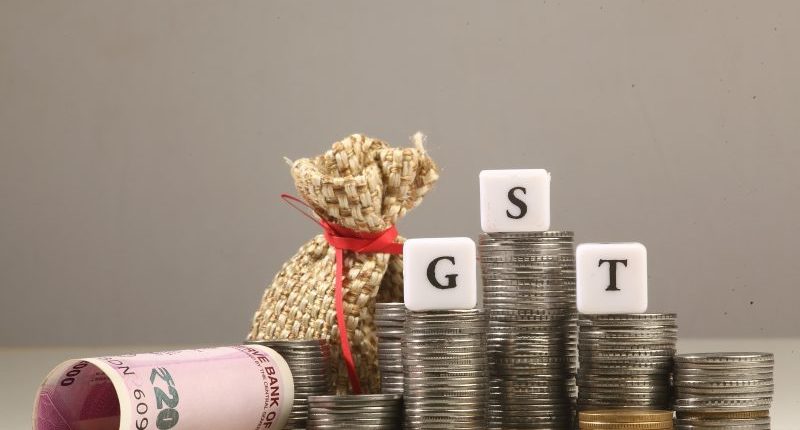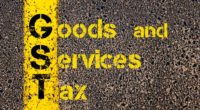The Finance Bill 2022 proposed substituting the existing Section 38 of the Central Goods and Services Tax (CGST) Act, with the intention of further tightening input tax credit (ITC) claims to reduce fraud. The revised Section 38 is yet to be passed by parliament. Once passed, here are the provisions that would apply, and this is how they would impact taxpayers’ ITC claims.
Decoding Section 38
The new Section 38, titled ‘Communication of details of inward supplies and input tax credit’, prescribes the law for taxpayers to claim ITC.
- Subsection (1) prescribes the details of outward supplies furnished by a taxpayer’s suppliers, made available in an auto-generated statement, i.e. the GSTR-2B.
This process has already been in place, and taxpayers have been referring to the GSTR-2B for a while now. The GSTR-2B displays all the eligible, and ineligible ITC due to a taxpayer based on the sales return furnished by their suppliers. By amending the Act now, this new Section corroborates and supports the CGST Rules in place.
- Subsection (2), on the other hand, specifies the contents of the GSTR-2B or, in simple words, says that the GSTR-2B will contain both eligible and ineligible ITC.
While taxpayers are already aware of this, what will change post the implementation of the revised Section 38 is a host of ITC restrictions that are now introduced in subsection (2)(b). Let’s take a look at each of these restrictions one by one.
(i) The first restriction says that ITC may not be availed on the supplies furnished by a supplier within a prescribed period* after they register under the GST law.
(ii) The second restriction says that ITC cannot be claimed on supplies furnished by a supplier who has not paid their taxes, which continues for a prescribed period*.
(iii) The third restriction says that ITC cannot be claimed on supplies furnished by a supplier. Their output tax payable (as per their sales return) is higher than the output tax paid by them during the said period and by such a prescribed* limit.
(iv) According to the fourth restriction, ITC cannot be claimed on the supplies furnished by a supplier in cases where the supplier has availed excess ITC than what was lawfully allowed under clause (a). The excess portion will be determined by the limit prescribed*.
(v) The fifth restriction says that ITC cannot be claimed on supplies furnished by a supplier who has not paid their tax liability as per Section 49(12), subject to the conditions and restrictions prescribed*. Section 49(12) empowers the government to prescribe the maximum proportion of output tax liability that may be paid by a specified taxpayer through the electronic credit ledger.
(vi) The sixth restriction says that ITC cannot be claimed on supplies furnished by a supplier falling under such other class of persons as prescribed*.
Businesses should note that the word ‘prescribed’ here means that the actual time limit/class of persons will be specified by the government, which also can change these limits at any point in time.
Why did Finance Bill 2022 propose this revised Section 38?
GST was introduced with the objective of ‘One nation, one tax’, and it promised taxpayers the seamless flow of input tax credit. Hence, many taxpayers are confused about why they cannot claim ITC just because their suppliers are newly registered or have defaulted in their tax payments.
The government has introduced the revised Section 38 to put an end to tax evasion and fraud, especially surrounding ITC claims. Each year, the level of ITC fraud amounts to hundreds, if not thousands, of crores due to the menace of fake invoices. These invoices are issued by businesses set up for fraudulent reasons and are later shut down. These businesses declare invoices but do not pay taxes. By introducing this revised Section 38, the government hopes to end ITC-related fraud by ensuring that taxpayers only claim ITC lawfully.
Impact on taxpayers’ ITC claims once the new Section 38 gets notified
If the revised Section 38 were to get passed by parliament and notified for taxpayers, then it would impact their ITC claims in two ways majorly.
- Taxpayers’ ITC reconciliations will need to become more stringent and more frequent. Ideally, they will need to automate their ITC claims for 100% accuracy and ensure only eligible ITC is being claimed. If 100% ITC is not matched and claimed, a business’s cash flows could get hit as their GST liability will need to be paid in cash to that extent.
- Taxpayers will need to make sure that they only deal with compliant vendors. Every business may need to check its vendor’s compliance before onboarding them. Non-compliant vendors could adversely affect ITC claims.
For any clarifications/feedback on the topic, please get in touch with the writer at athena.rebello@cleartax.in.

I’m a Chartered Accountant by profession and a writer by passion. ClearTax lets me be both. I love travel, hot tubs, and coffee. I believe that life is short, so I always eat dessert first. Wait.. life is also too short to be reading bios… Go read my articles!





